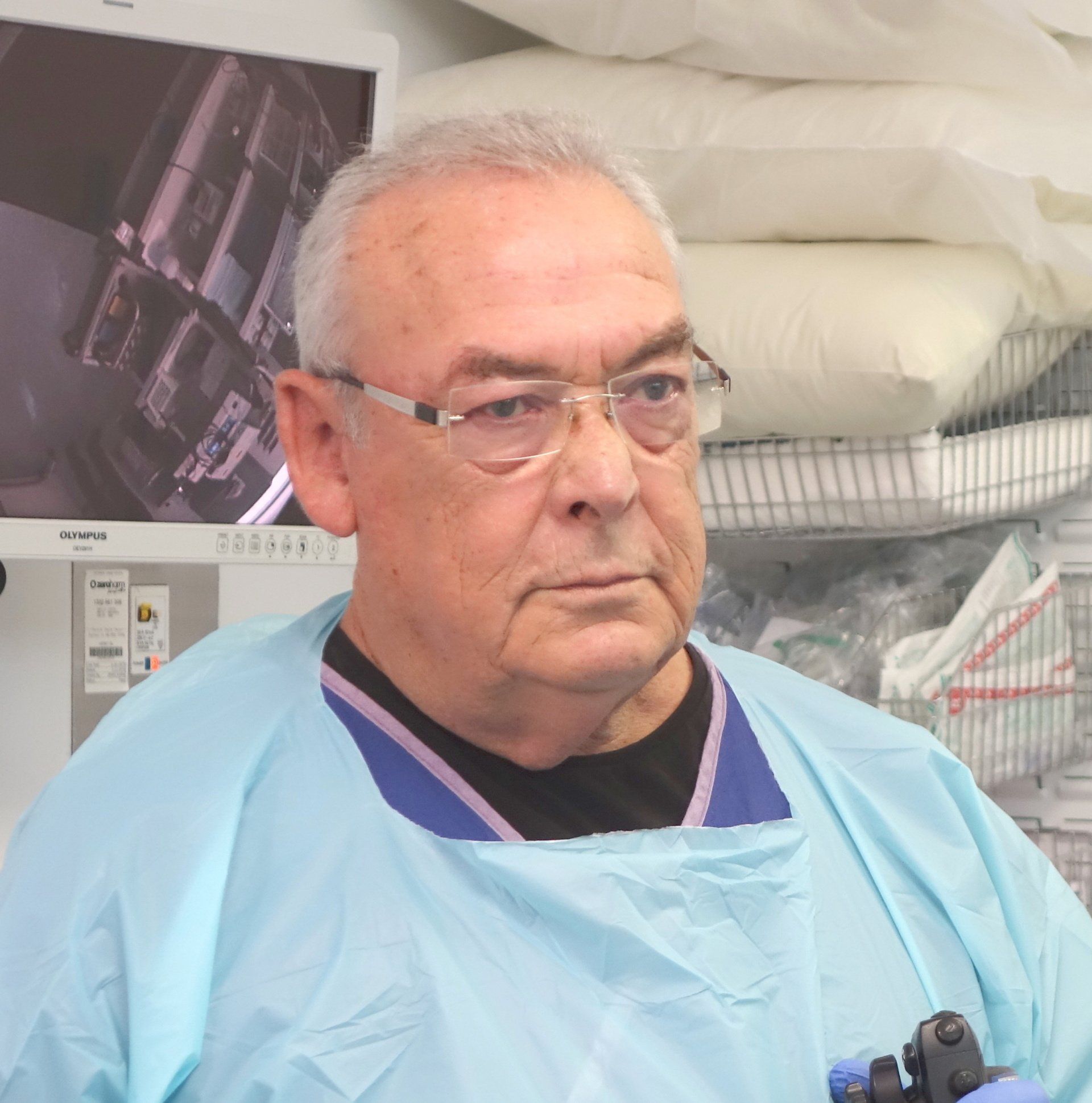Swallowing Problems (Dysphagia)
What is Dysphagia?
Dysphagia is the medical term used to describe difficulty or pain in swallowing. It can be a temporary minor ailment as a result of eating too quickly or not chewing food properly. However, if it is a persistent issue, dysphagia can be a sign of a more serious underlying cause. Dysphagia can cause distress and worry.
Who does Dysphagia Affect?
Dysphagia can affect anyone at any age. It is especially found in the pediatric age group due to developmental or structural abnormalities and in the elderly. People who are suffering from neurological conditions or nervous system conditions are also at risk for dysphagia.
How does Dysphagia Occur?
Swallowing is a very complex mechanism which begins with putting food in the mouth and chewing it and continues till the swallowed food has reached the stomach. If there is a neuromuscular defect affecting any part of this mechanism, or a structural defect resulting in a blocked or narrowed path, dysphagia can occur.
Causes of Dysphagia
Dyspepsia can be caused by a number of reasons. These causes can be broadly classified into structural disorders and neuromuscular disorders. A few main causes are:
For Oropharyngeal dysphagia:
- Stroke
- Head injury
- Nervous system conditions such as Parkinson’s, muscular dystrophy and Alzheimer’s
- Diabetes
- Drugs such as nitrates and calcium channel blockers
- Pharyngoesophageal diverticulum
- Certain cancers
For Esophageal dysphagia:
- Scarring and narrowing of the esophagus due to GERD (acid-reflux disease)
- Esophageal tumor
- Achalasia
- Obstruction due to a foreign body
- Eosinophilic esophagitis
- Radiation therapy as part of cancer treatment
- Scleroderma
Symptoms of Dysphagia
The symptoms of dysphagia include:
- Can’t swallow at all
- Painful swallowing
- Bouts of coughing or choking on food when swallowing
- Experiencing a feeling or sensation that food is stuck somewhere in the throat or chest
- Drooling
- Unexplained weight loss
- Hoarse voice
- Food regurgitation
- Heartburn
Types of Dysphagia
There are two main types of dysphagia, based on the location:
- Oropharyngeal dysphagia – Also known as high dysphagia, the issue begins with chewing food or appropriately moving it to the throat from the mouth.
- Esophageal dysphagia – Also known as low dysphagia, the patient feels the sensation of good getting stuck after it passes the pharynx
Stages of Dysphagia
There are no stages, but the severity of the symptoms is gradient and depends on the severity of the causative factor.
How is Dysphagia Diagnosed?
The diagnosis for dysphagia is made by taking a complete history and a complete physical examination. The doctor may order certain lab tests to identify the underlying cause of dysphagia. These include:
- Barium X-Rays
- Dynamic swallowing study
- Endoscopy
- CT-Scan
How is Dysphagia Treated?
The treatment of dyspepsia depends on the underlying cause. In addition to treating the underlying cause, certain lifestyle changes can make dysphagia more bearable. These include smaller bites when eating, easier to swallow textured food and avoiding caffeine, alcohol and smoking.
Treatment options for dysphagia include:
- For oropharyngeal variant – The doctor will refer the patient to a swallowing therapist to learn swallowing exercises and learn new swallowing techniques.
- For esophageal variant – Therapy includes esophageal dilation, surgery or medicines.
In case the dysphagia is severe, the doctor would recommend a feeding tube or a special diet to ensure the patient gets enough nutrition to remain healthy and maintain weight.
What if Dysphagia is Untreated?
Dysphagia is an indication of an underlying disease. If both of them are not addressed, long term complications can include lower quality of life, weight loss, malnutrition and altered state of mind. Aspiration pneumonia is another complication that is common, due to swallowed food entering the airway. Death can occur in case of choking without any external help. The underlying disease can have its own series of complications that may appear in the long term, with some of them being life-threatening.
Dr Donald Walker
Write your caption hereMore
Dr Johan Van Den Bogaerde
Write your caption hereMore
Trusted for more than 25 Years
PANCREAS & BILIARY
Digestion Problems - Dyspepsia









